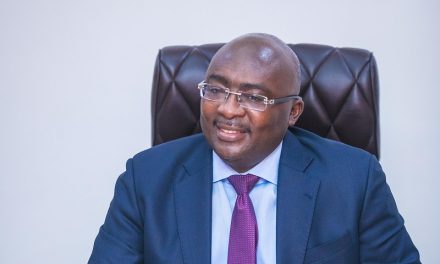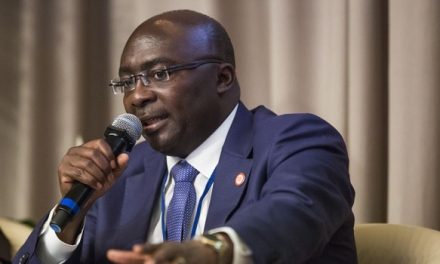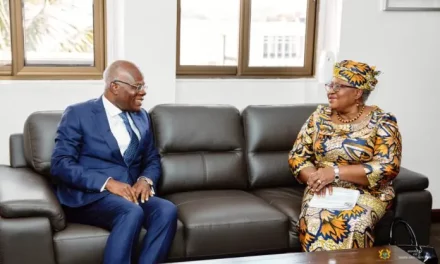
NPA Calls For Reduction In Charcoal Use To Sustain Environment2 min read

Dr. Mustapha Abdul-Hamid, Chief Executive Officer-National Petroleum Authority (NPA), has urged the general public to cut down on use of wood and charcoal as fuel in a bid to sustain the environment.
“I know that we cannot eliminate the use of charcoal, but we can reduce it to the barest minimum; and it calls for a concerted effort to deal with this phenomenon. If we fail to do anything today, what environment shall we bequeath our children?” he asked
He noted that a reduction in the use of firewood and charcoal for cooking will greatly decrease the inordinate felling and burning of trees for the production of charcoal.
According to him, it will reduce the number of harmful substances released into the atmosphere, curb rapid deforestation and ultimately save the country’s forest cover.
The CEO said many continue to use charcoal as a method of cooking, mainly because of the apprehension associated with the use of LPG as a result of a series of LPG-related fires in parts of the country in recent times, as reported by the media. “We all remember the gas explosion in Sekondi-Takoradi here that left over 100 people injured during a discharge of LPG. These LPG-related accidents have caused many deaths, injuries and destroyed properties worth millions of cedis.”
He mentioned that the issue of safety has been high on the agenda of government, and this has culminated in introducing and implementing the Cylinder Recirculation Model. The policy seeks to develop a market-driven structure to ensure safety and increase LPG access to 50 percent.
Dr. Abdul-Hamid was speaking at the launch of NPA Consumer Week celebrations at Effiakuma, a suburb in Takoradi.

He said over the years, consumption of LPG has witnessed a considerable increase. An average 228,000 metric tonnes of LPG have been supplied every year from 2010 to date. This represents 8 percent of total average petroleum products supplied to the market.
“It is estimated that the auto users of LPG consume about 58% of the total annual LPG supplied, while households, other commercial activities and industry together consume the remaining 42% as of 2013. Consumption of LPG increased to 305,000 metric tonnes in 2020, and is expected to reach 1.2 million metric tonnes by 2030,” he said.
This, he said, indicates that Ghanaians are beginning to accept LPG as a cheaper fuel; and he hopes that by 2030, 50 percent of the consuming public will be using LPG. What’s left to achieve is teaching consumers safe use of LPG.
“We must understand that LPG is safe, if used safely. The NPA, in collaboration with the Ghana National Fire Service, has been engaging community members on the safe use of LPG and proper handling of cylinders across the country,” he added.
Deputy Minister of Energy, Andrew Egyapa Mercer, urged all to embrace LPG as a catalyst for a cleaner, greener and more sustainable future for Ghana.



















